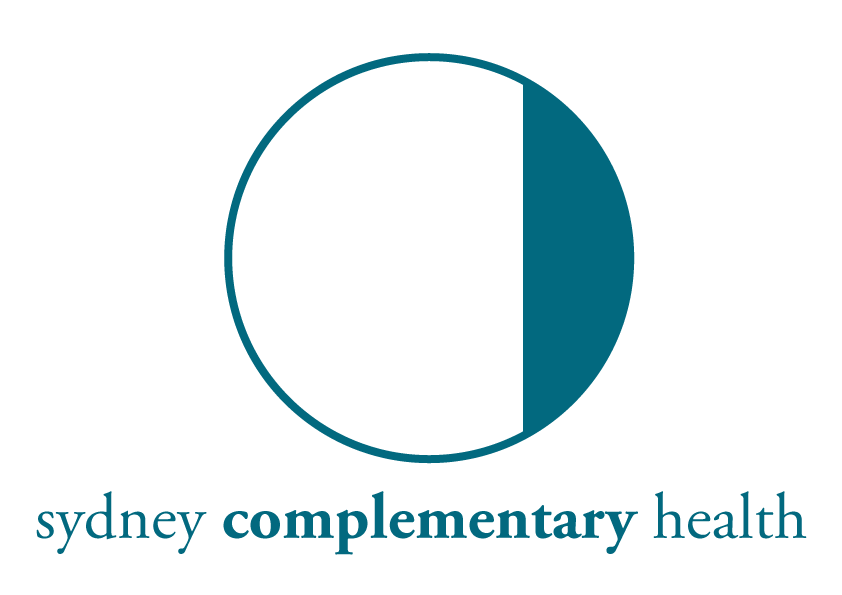I don’t like to send patients home after their first session with anything negative in their heads, so normally just suggest that they email or call if they have any concerns. I’ve had a few people lately have quite strong reactions, often involving a flare-up of a chronic condition to a more acute feeling.
This can happen in many therapies, but I tend to notice it mostly in Bowen, and to a lesser degree in Lymphatic Drainage. In naturopathic terms, it is known as a healing crisis, whereby the body (that has long since settled into a chronic disease pattern) is suddenly working its way back to health and often relives some of the more acute symptoms that may have died down or changed over time.
In Bowen this can be noticed as nerves “coming back to life” after settling in to a duller signal or muscles pulling as the body realigns itself. It is no cause for panic and will normally right itself with time and some more sessions until things are properly realigned. If you feel that the pain is impacting on your ability to function normally, feel free to use whatever painkillers you normally would but it is important to not apply hot or cold packs to the area or massage yourself (or get someone else to!) as this will interrupt those clever little impulses that the Bowen Therapy sets up and possibly leave you in your painful place. The exception to this is if you re-injure yourself. If you find yourself in pain due to an acute injury or following the very activity that brought you to me in the first place, you may need to come back in sooner rather than waiting for the full week to elapse. If in doubt, ask!
In regards to Lymphatic Drainage, most of the more dramatic responses have been due to people who have had more serious conditions to start with. Those who have a difficult-to-treat infection such as Lyme (or similar) may have an initial worsening of symptoms. A history of tropical diseases, such as malaria, Ross River or Dengue Fevers, may bring a strong response after treatment. If you’ve had any of these, working in small doses will be the best approach. Other than that, it is normally those who’ve fully enjoyed all the world has to offer that tend to respond more dramatically – people who may already have a lot of stress on the liver can sometimes feel quite off afterwards.
My point is that there is no reason to fear feeling bad after treatment – it is often a really good sign! If ever in any doubt, please get in contact so we can discuss your individual symptoms and be sure.
